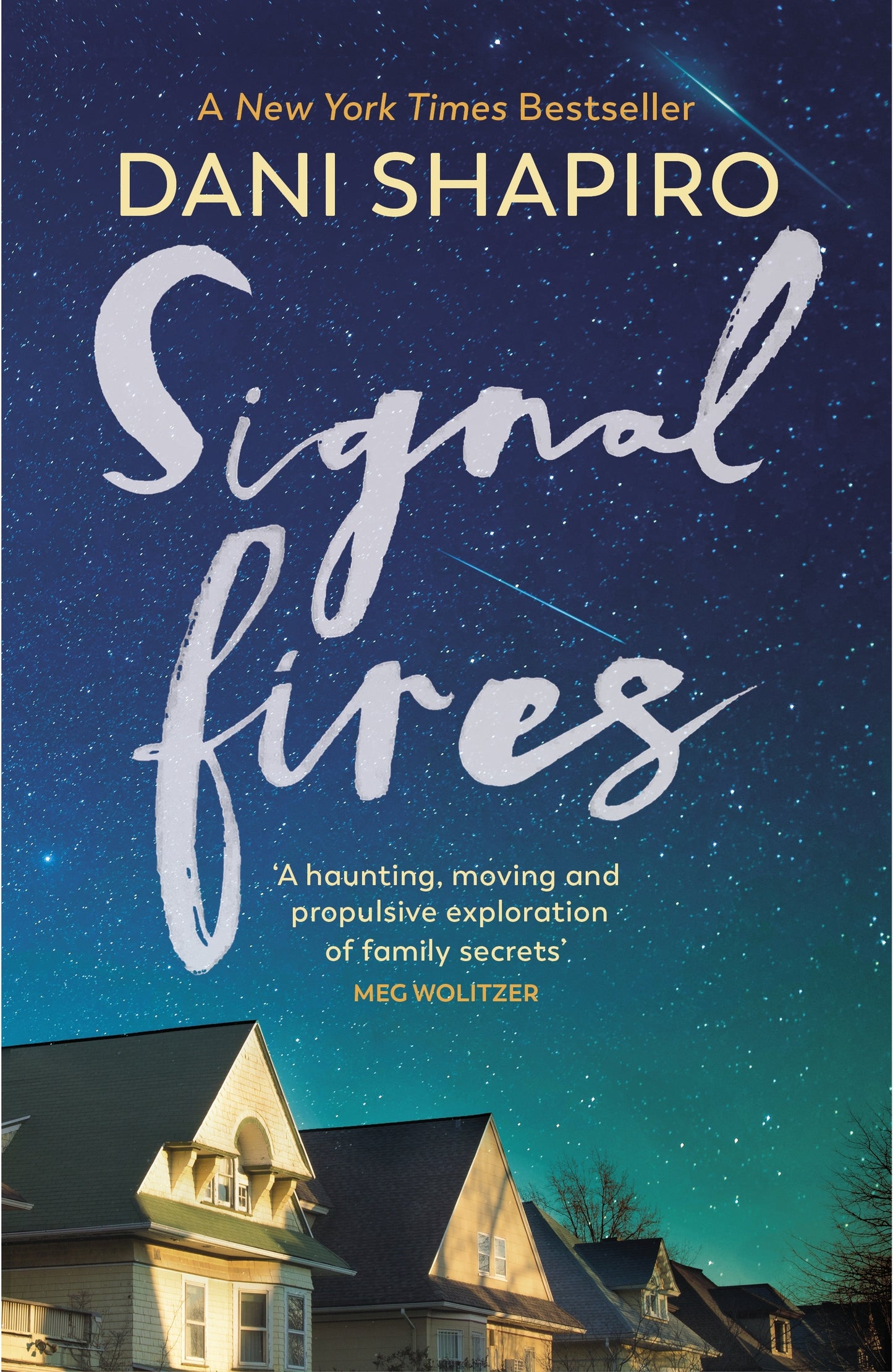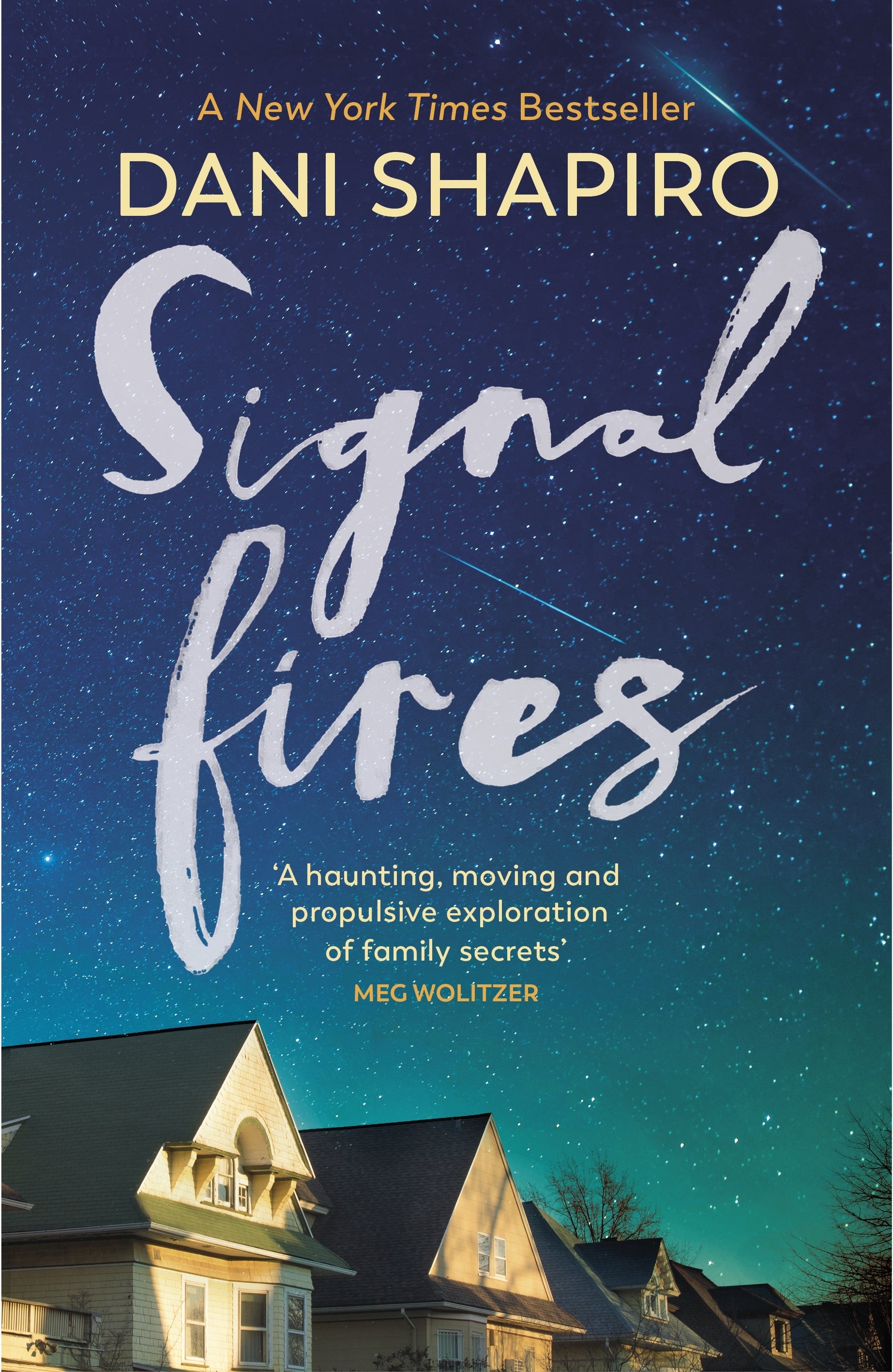Dani Shapiro
Signal Fires
Signal Fires
Couldn't load pickup availability
Susan Midalia's Review for the Lane Bookshop
American writer Dani Shapiro’s latest novel Signal Fires is a compassionate, psychologically astute and beautifully written exploration of family and personal relationships in the context of an increasingly fractured contemporary western culture. While it deals with a range of pressing social issues, including addiction, adolescent trauma, parental neglect and ageing, it is neither bleak nor polemical. And while it charts the damage caused by corrosive secrets, it also offers us the possibility of healing, even redemption. The novel’s use of shifting perspectives asks us to understand rather than merely judge its characters; and while it’s distinctively modern in its use of a fragmented structure, it’s decidedly, and wonderfully, traditional in its celebration of love, friendship and ethical responsibility as the bases for a meaningful life. (Warning: this novel will probably make you cry.)
Publishers Reviews
On a summer night in 1985, the lives of three teenagers are shattered by a horrific car crash in which a young woman is killed next to the sprawling oak tree that marks the perimeter of 18 Division Street. For the Wilfs, it will become the deepest kind of family secret, one so dangerous it can never be spoken.
Secrets preside over the neighborhood along with the majestic oak. As we move through the decades, watching this family change and grow, we see how each of them is haunted by what they choose to ignore. Their lives become deeply entwined with the Shenkmans across the street, a couple with their own secrets and a lonely son who is captivated by the stars and a need to break free. As their stories collide in ways they never could have imagined, the past comes hurtling back to Division Street, setting in motion a spellbinding chain of events that will transform both families forever.
Signal Fires is a work of haunting beauty, an exquisite portrait of one family's world, and a testament to the human capacity to experience love and loss. With wry tenderness it shows how we are all connected through time in ways that are at once mysterious and profound.
'Lyrical and propulsive . . . hard to put down' Oprah Daily
'Urgent and compassionate' Ruth Ozeki, winner of The Women's Prize
'A stunning future classic' Lisa Taddeo
'Gripping, unexpected, and beautiful' Jamie Lee Curtis
Share


